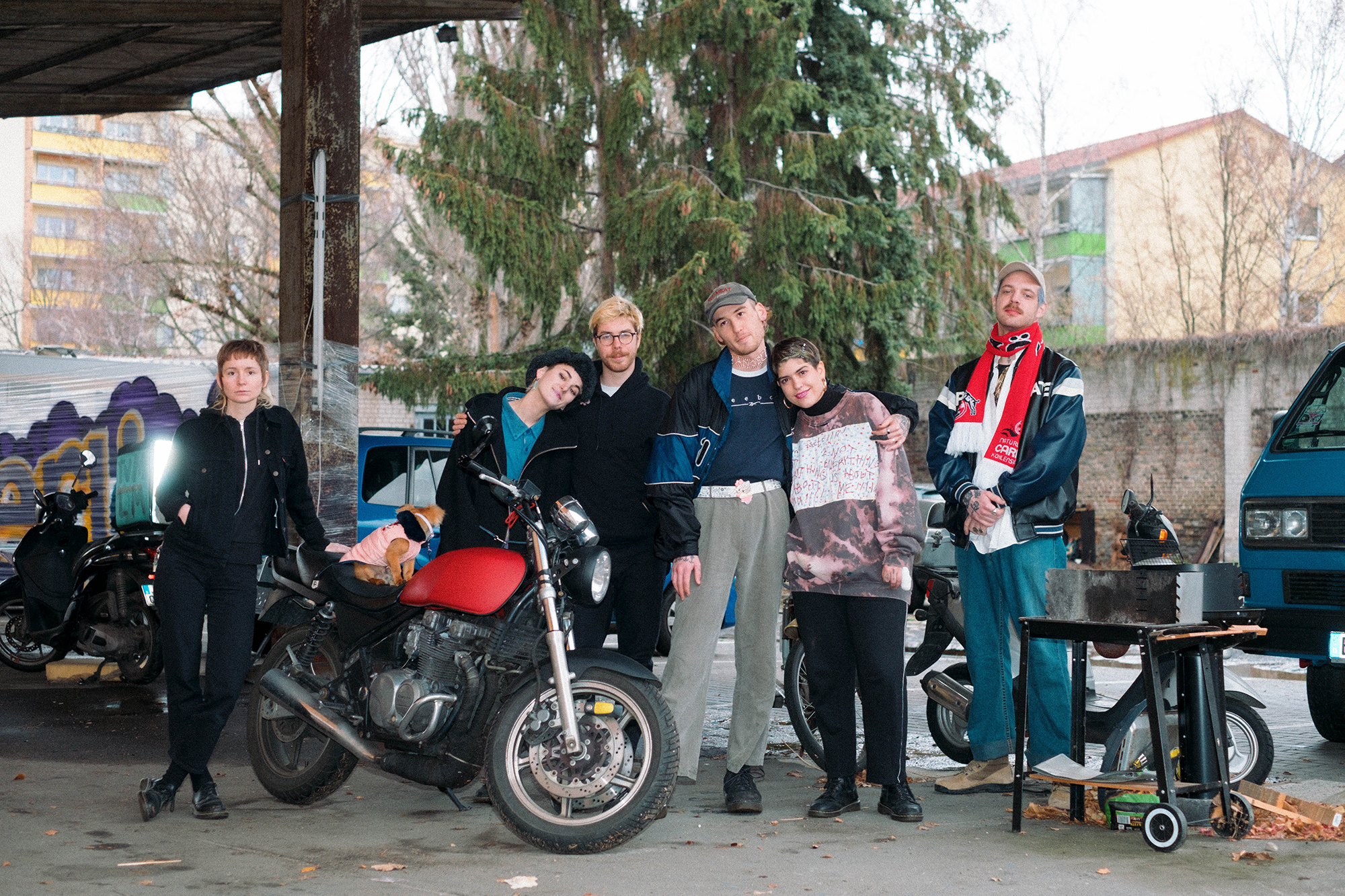This article originally appeared on i-D DE.
It’s nice to give into your fantasies. To close your eyes and let your thoughts drift off into pink utopias. Until your whole body starts to feel like it’s cotton wool. It’s even nicer when such fantasies also work in the real world. If they can withstand the slap of reality and dreams are able to turn into political action. This is how Yeda, Rozita, Anny, Theo, Coco, and Aron felt when they met in far corners of the internet and soon after, founded the tattoo studio Fantasy.
They all came to Berlin hoping to find a place in the city, in which they can work, be creative, and be themselves. Disillusioned by the realization that there was no place for them, between hyper masculine studios and commercial thinking, they decided to create a tattoo studio of their own — a small green oasis in the middle of Neukölln, in which the established power structures have been dissolved by love and respect. Fantasy is a safe space for queer, non-binary, and trans-people. For people of color. For femmes. For all the marginalized groups whose voice and presence are endangered by macho tattoo culture.
In close collaboration with Cibelle Cavalli Bastos, the collective developed a manifesto that not only gives clients, but also the tattoo artists, security in their mutual dealings and provides solutions for contemporary discussions. In essence? Be nice. The collective live this credo wholeheartedly.

Coco
How do you perceive queer culture in Berlin in comparison to your home in Sweden?
When I go back to the west coast of Sweden, everyone just hangs out at home. They created and built their own queer safe spaces at different people’s homes. And if they do ever go out to a club, then they’ll book the whole room so it’s just them there. It really doesn’t have the same amount of queer places like in Berlin.
Do you feel something has changed since you all founded Fantasy?
My art has changed a lot. I have become more conscious of what I’m doing. I used to be very influenced by traditional and old school tattooing, because these styles really reduced themselves on the essentials. But these traditions also contain a lot of questionable shit — the female body is used as a nice decoration. There’s a lot of cultural appropriation and racism. It comes from a macho time, where people didn’t really think about what these designs actually meant. I myself had a few inappropriate tattoos that have now been covered up.
Did you ever experience discrimination in other studios?
If I ever wanted a tattoo, I usually went to friends at home or small studios where I felt safe. But it did happen when tattooing at other studios as a guest, when a cishet guy sat around talking dumb shit. In a situation like that you sometimes don’t want to point out their mistakes to them. But it is difficult, and it is our job to educate the less enlightened people.
What is your favorite fantasy?
It would be amazing, if other studios would take our lead and would work more consciously. In the past tattoos were just meant to look “cool,” but today they stand for more — tattoos have become an expression of identity for many queer people. They are taking back their bodies and are making them their own. The ultimate fantasy would be if we were all gendered less and everything would become more open. The whole industry should come down, become more enlightened and maybe even read a book sometime.
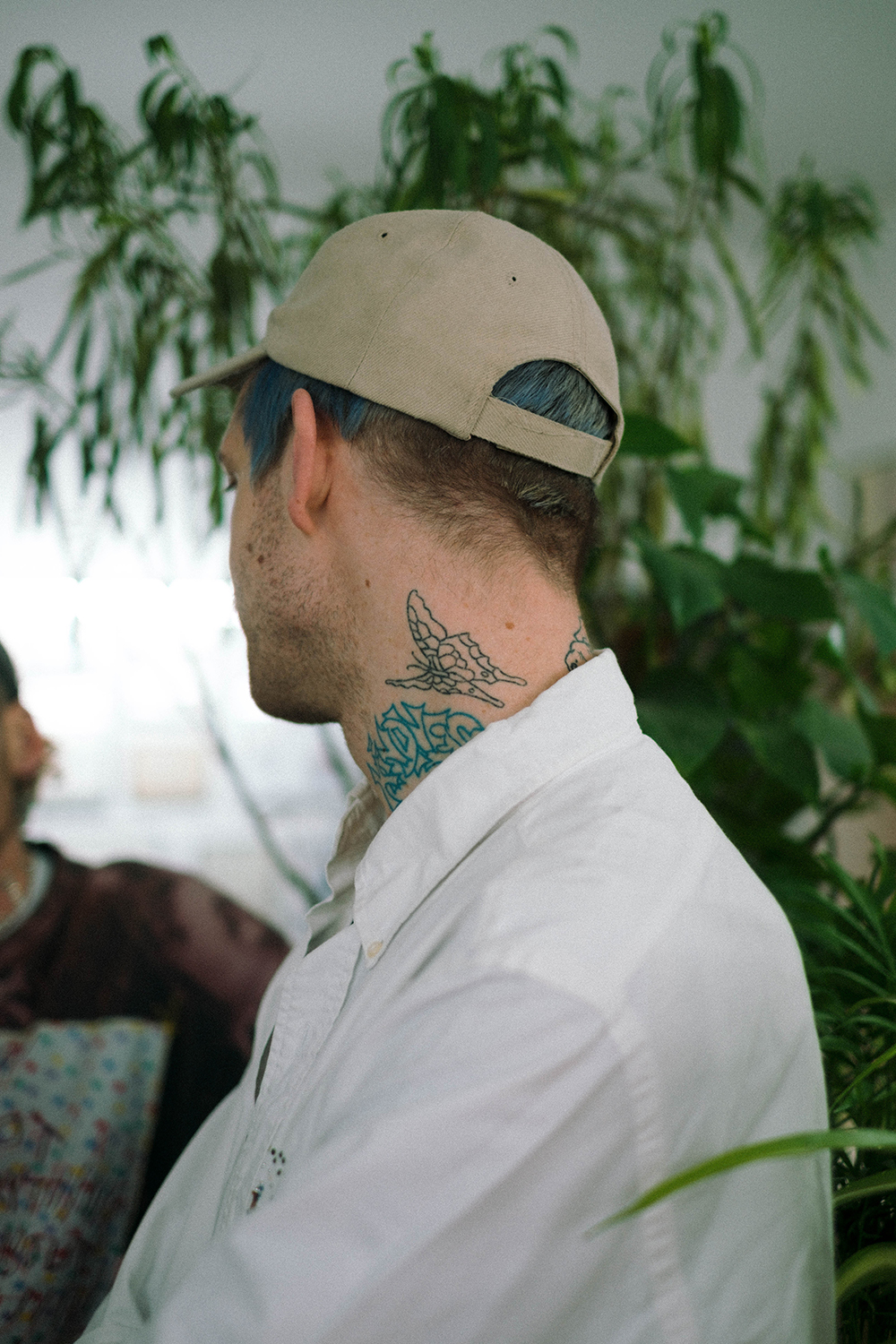
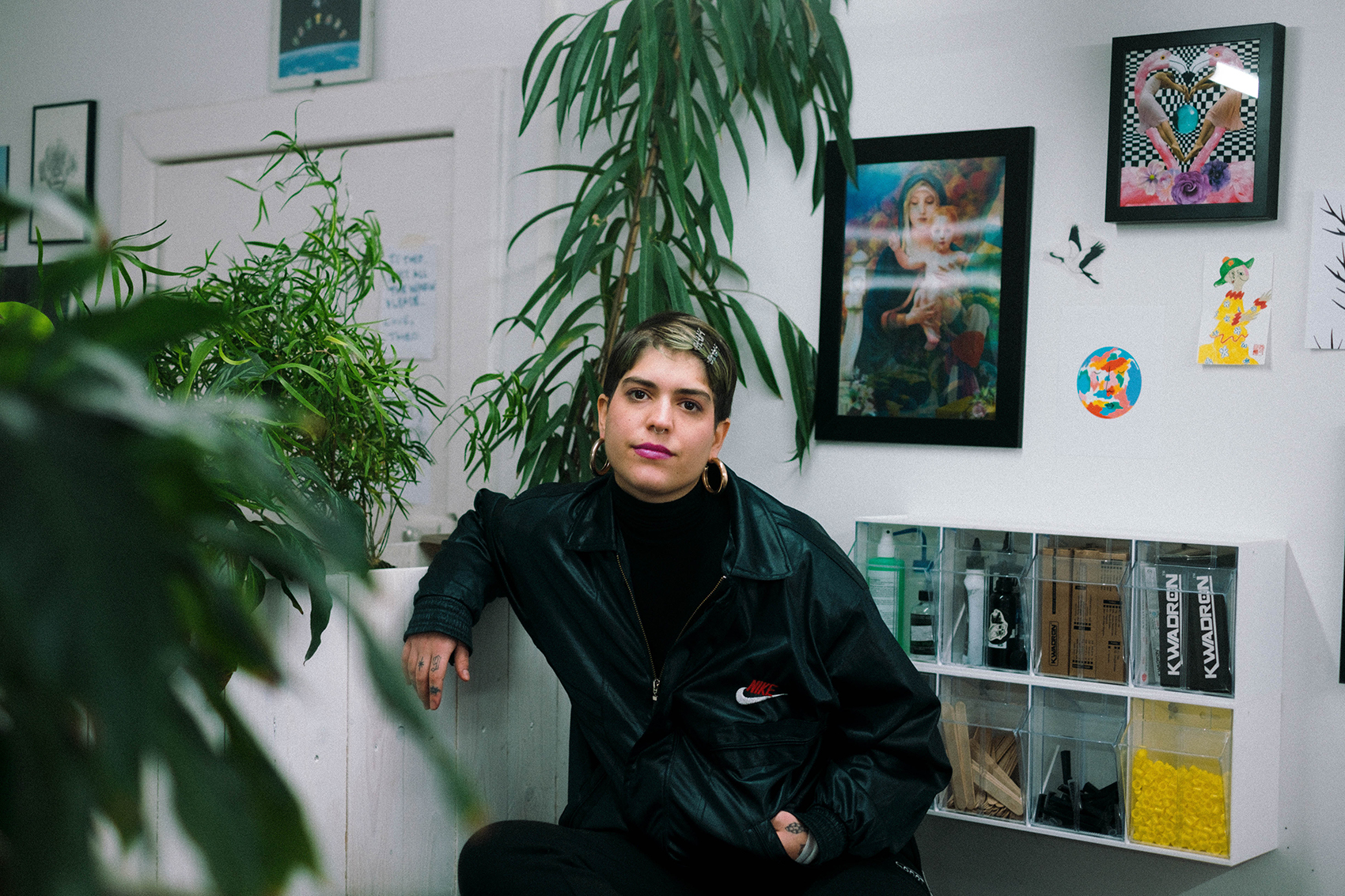
Rozita
What role does social media play in your cultural development?
It might sound stupid, but nothing I do — not this place or my work — would exist without Instagram. It is the only platform where you not only can make your work public, but you can also communicate what you stand for. It helps people find artists who they feel comfortable with and can meet for an appointment without having to feel scared. People don’t just come to me because they like my aesthetic, but because they get the feeling I’m a nice person.
Why is it so relevant to create this queer space?
I didn’t know how important it was until I had some bad experiences in the industry. I noticed how much it was influenced by toxic masculinity. It was a punch in the face. We needed a place like Fantasy, because otherwise we wouldn’t feel safe and in order to give clients a good feeling. Tattooing is an intimate process. If you have a bad experience, that will stay on your skin for the rest of your life. Your taste might change, but if you get a tattoo and it’s a great experience with a person who you like, then you will always love it anyway.
Is it nice to see that you are helping politicize the scene?
Today you just can’t be unpolitical anymore. If you don’t stand up to the oppression then you become a part of it.
That’s why you wrote a manifesto. Is there a point that is particularly relevant for you?
It would be nice if studios would support each other more. The DIY-scene manages that quite well. But many studios that function as real businesses, are very competitive. Studios need to see their own responsibility within the whole culture, support each other, share knowledge and show each other more respect.
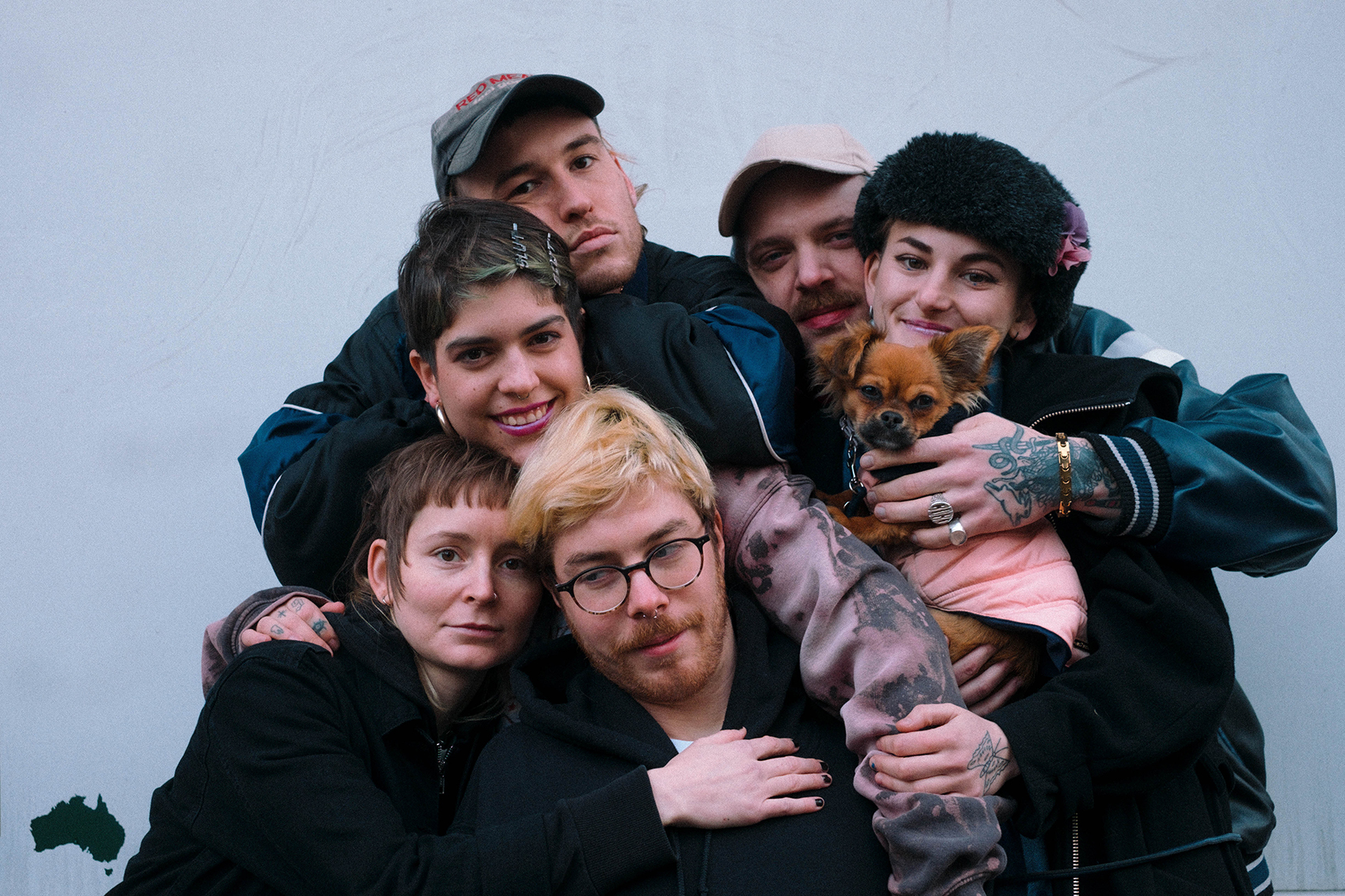
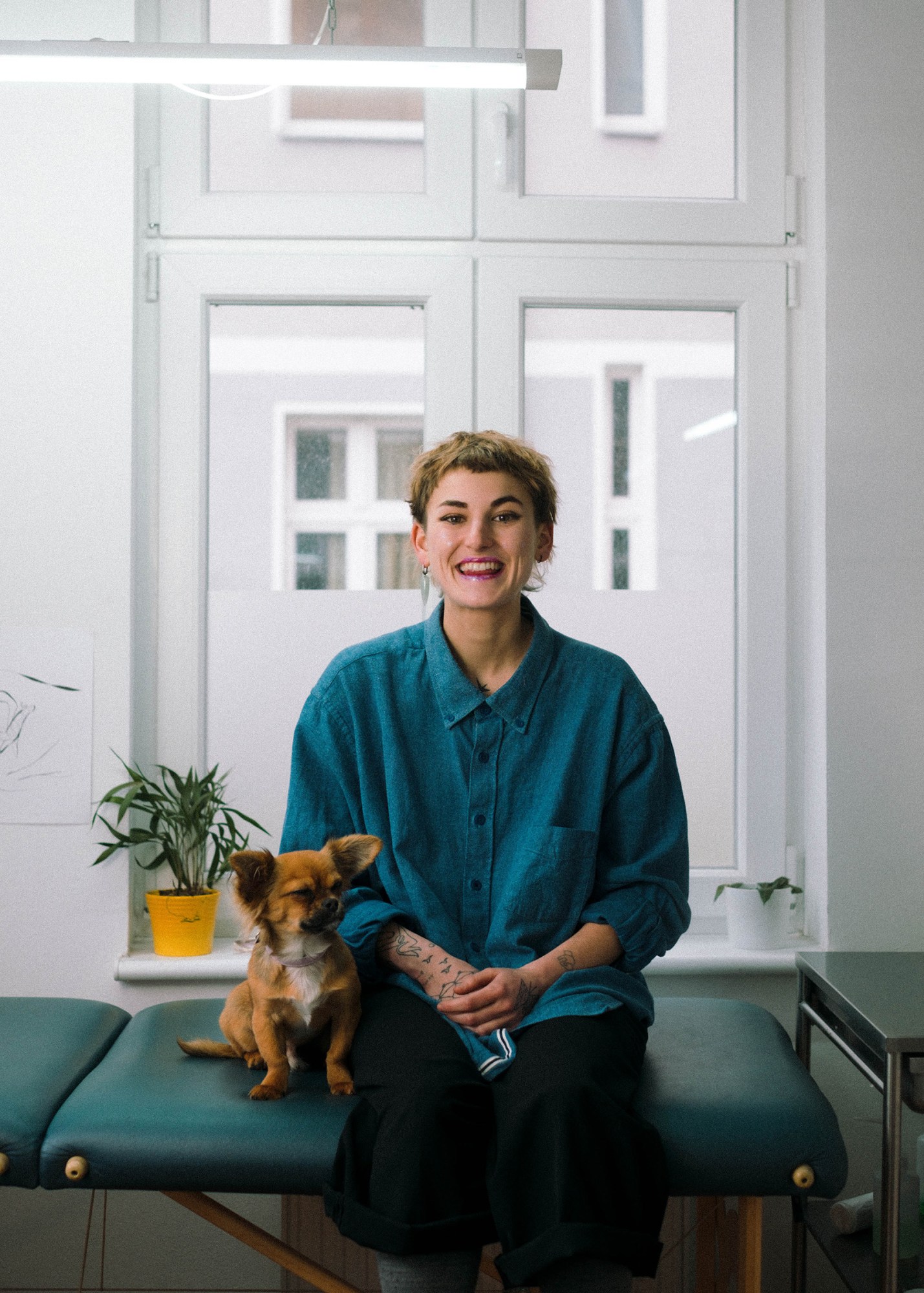
Yeda
How did you get into tattooing?
I always wanted to have a lot of little tattoos, but didn’t have the money to pay so much for it each time. Five tattoos later, I was broke. And since I was always going to the studio with my own drawings, I thought why not try it out myself. So I sat down in the kitchen with sewing needles — please don’t try this at home — a bowl of water and cloth color. Very low-key.
Often it seems that the tattoo scene has been very influenced by cis-masculinity. How did you feel in that culture?
I was once used as a “token” in order to say “we are a queer space, here is a Femme-presenting person.” It was uncomfortable because you are used as a poster child for something you don’t want to stand for. Especially in classical studios, there are still big reservations regarding hand-poking, which I just don’t understand.
Although Berlin is a city where queer culture is a big deal, your project is unique. Why was it so important for you to create Fantasy?
There was no studio that was a place for everyone. There was no place where everyone could feel comfortable. Of course there are queer and safe spaces in Berlin, but for me it was also always important that there are no money issues. In many studios, you have to pay at least 30 percent of your earnings from each tattoo in order to work there. I understand that they need to pay the rent, but you can figure something out. I don’t like it when others profit from such intimate work. Actually it’s really easy: you just need nice people.
“Nice” is such an undervalued word.
It’s not about being “cool.” A drawing only becomes a tattoo when you trust a person to prick you under your skin. It really touches me! If I feel comfortable, and the person who I am tattooing does too, then the tattoo will also be better.
What fantasy do you have for the tattoo scene?
It would be nice if there would be more women, non-binary, and queer people. It should be less competitive. In our community we support each other really well. My fantasy is that there would only be nice tattoo artists. I don’t want people to be exploited anymore in these situations. We have to ban the toxic masculinity from the scene.
@yeda_zweifel
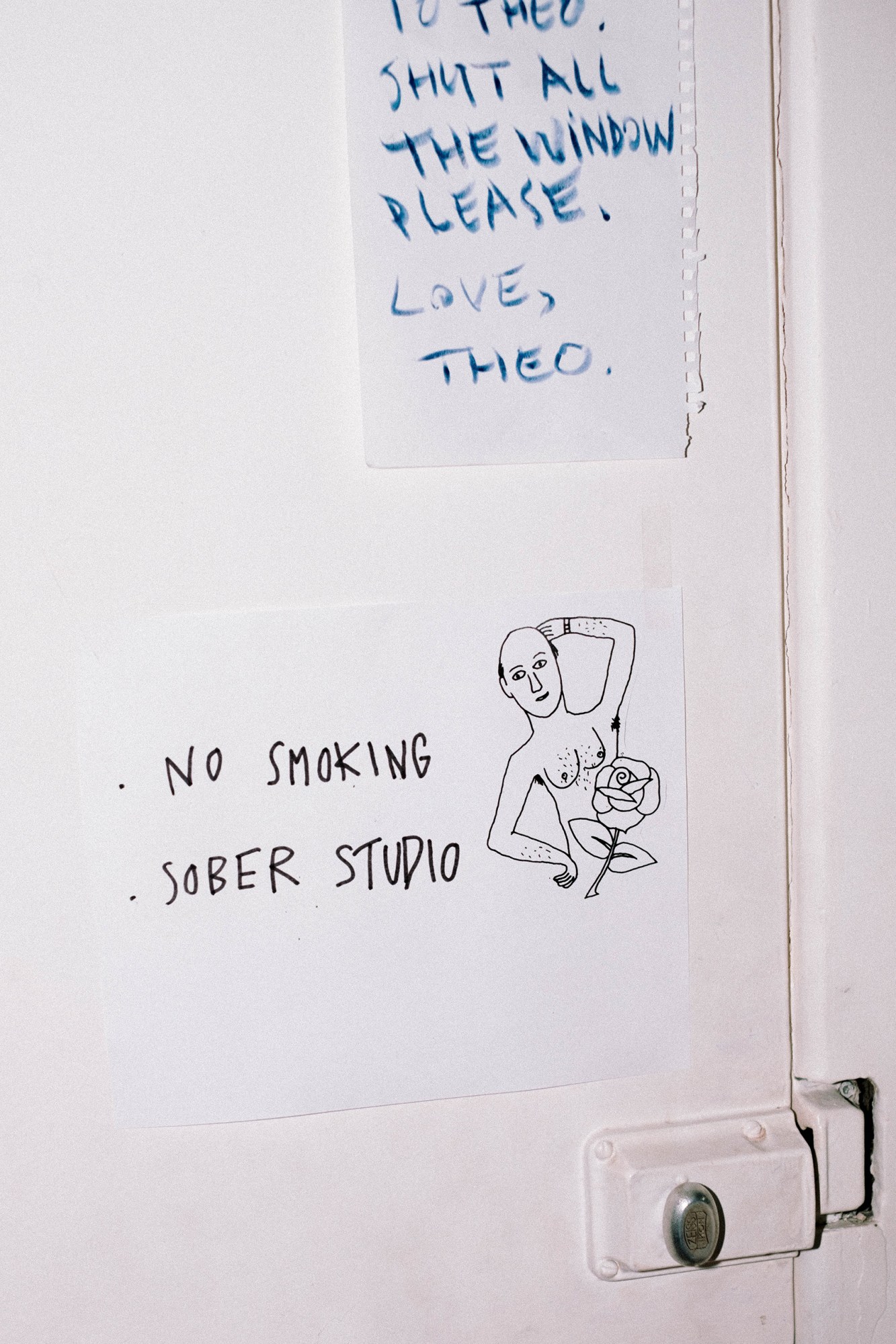
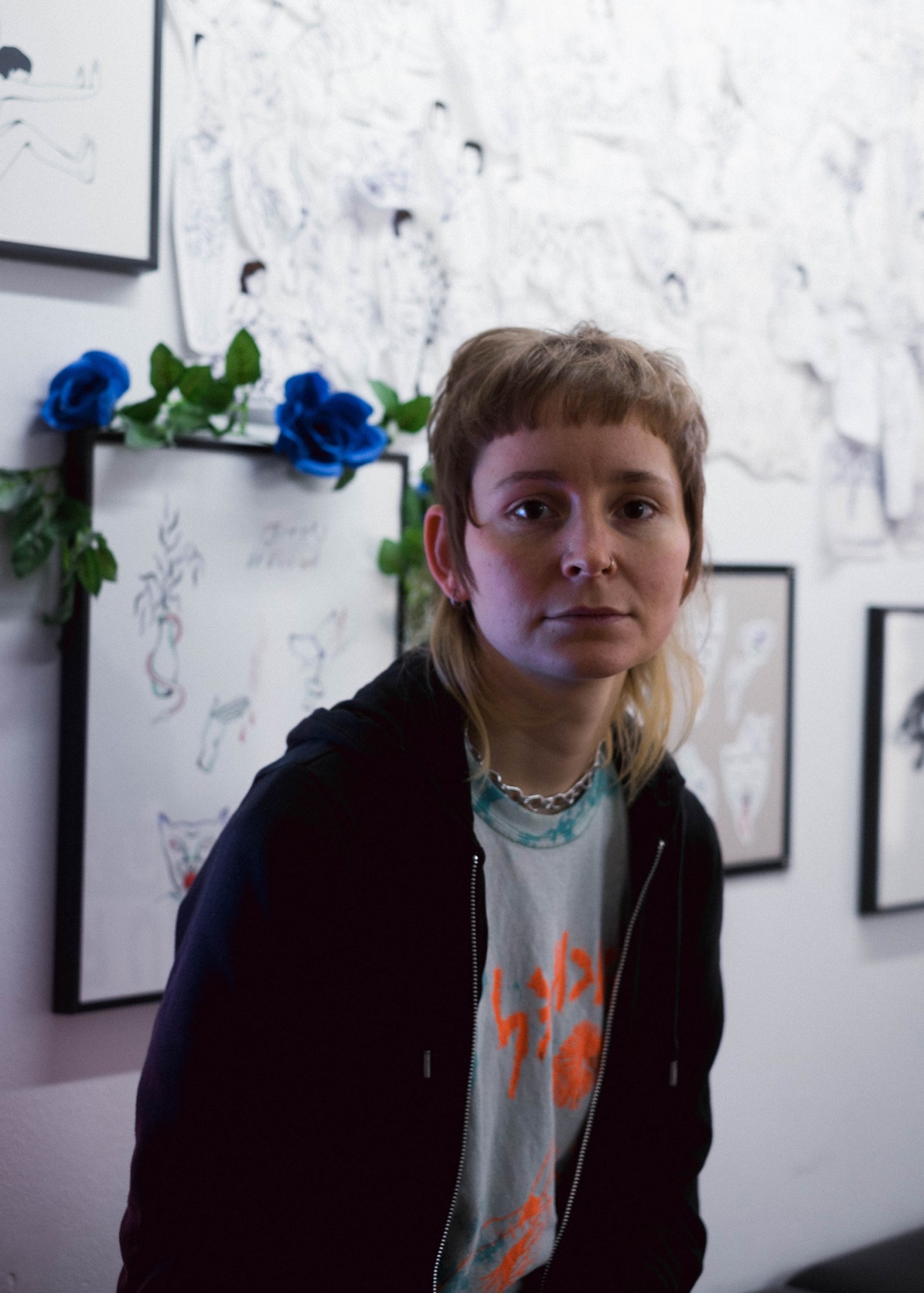
Anny
What changes are you currently noticing in the Berlin tattoo scene?
I get the feeling that hierarchical and patriarchal structures of traditional tattooists are slowly being thrown out and new ones are being created. First it was very chaotic — many people got tattooed at home — but now a lot of productive things are being born out of this. It’s a great time to be a tattoo artist: if you have your own style, then you also have your own market.
Was there a decisive reason why your wanted to help create Fantasy?
I had been lucky enough to only work in studios with really nice people. Nonetheless, they were mostly dominated by men. I was interested in working with like-minded people so that we can push and support each other. We wanted to create something new and make a definitive political statement. We live in a time where you can’t afford to put energy into something that has no meaning.
What does the collective give you on a personal level?
It gives me a warm family feeling — like I am part of something bigger. Of course you can do your own thing, work politically and treat people nicely, but this way it has much more resonance when you join forces. It gives me confidence. It gives me a drive and motivation to become better. I am not scared to make a mistake here.
What is your favorite fantasy?
That this place will exist for a very long time, can develop, and become even better. That there will be many more such places. That all new studios will be political and that the contemporary tattoo scene starts to think more. Everyone deserves respect. And that this “coolness” that the scene likes to project outwards stops.
@krause_tattoo
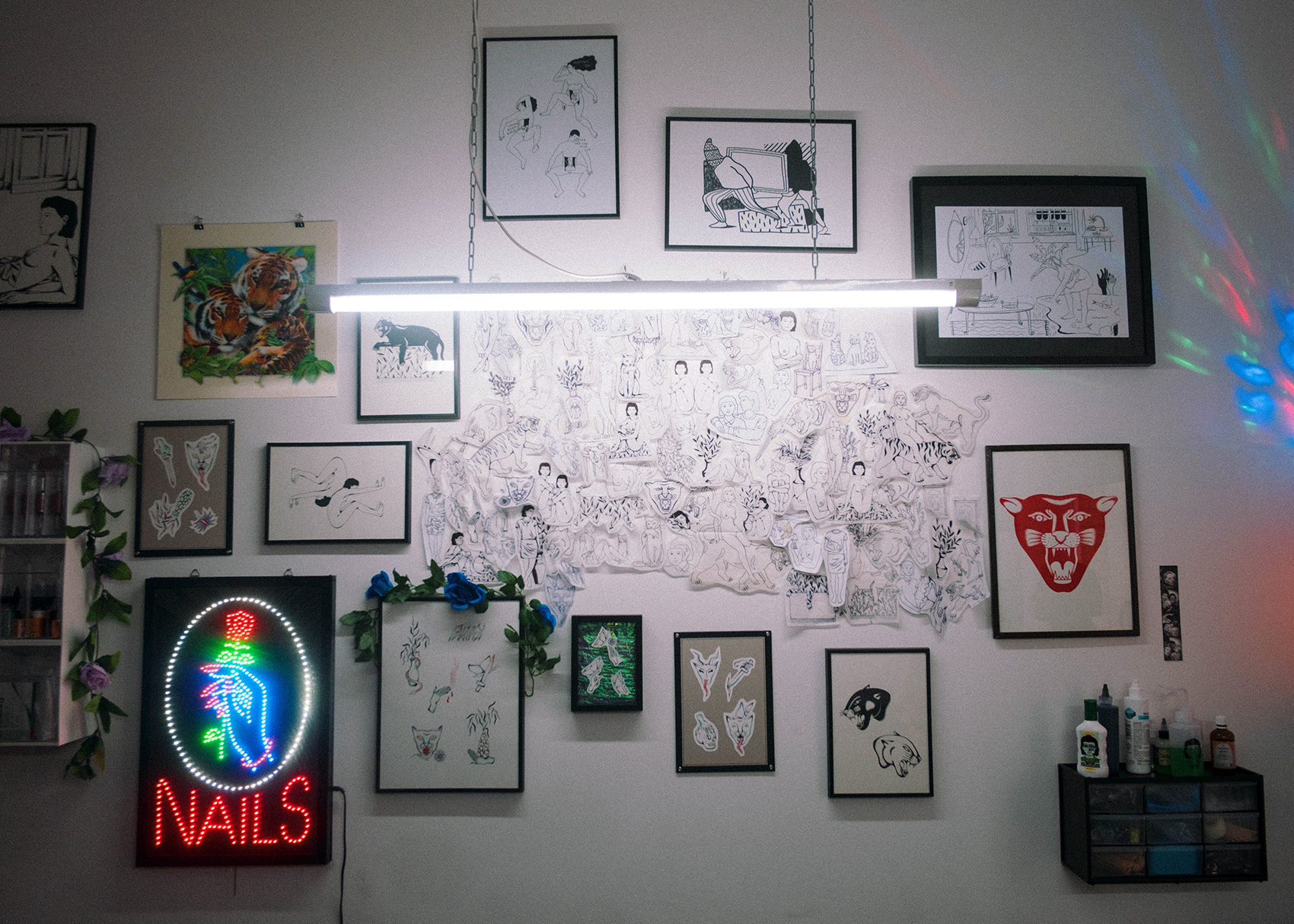
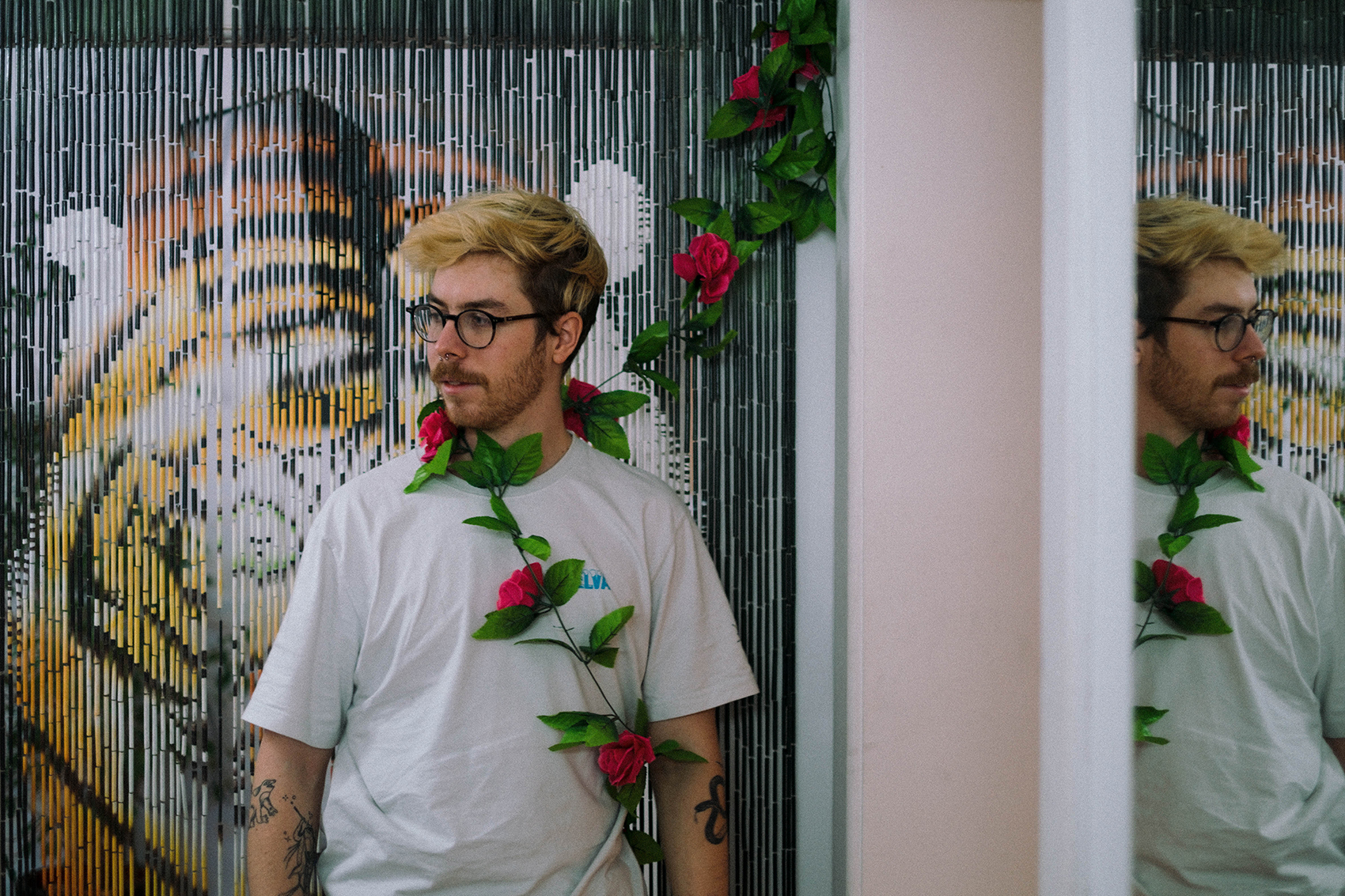
Aron
You went back to Budapest because of your studies and have been moving back and forth since then. What are the biggest differences?
I don’t know where to start. I wouldn’t say that Berlin is ahead of it’s time, but the city is just different to “normal” cities. It’s not so much about the culture, but the people that surround me here. If a lot of people come together that have the same mentality then the atmosphere of the city changes. In Hungary, people don’t even understand what I do — for them tattoos mean photorealistic skulls and roses.
Were you nervous the first time you tattooed someone?
I’m still nervous, all the time. I feel that what I’m doing is not good enough. Even when the client is happy and everyone else says the design is clean and perfectly executed. Even then I still see things that I could have done better. But somehow that is also a good thing, because I want to keep on developing.
Sometimes you forget that this is not just a safe space for clients, but also for tattoo artists. How do you feel about that?
I spoke to the others about this as I am not part of the queer community and feel awkward that I am here today and kind of representing them. I often asked myself, how can I contribute something when I am actually not really in a position to speak about it. But due to bad experiences I had in other studios, I came to realize that I also needed a safe space so that my clients can feel comfortable.
What is your favorite fantasy?
Doing this here. I really believe that it can work, but also see that you have to put in the effort so that it can work.
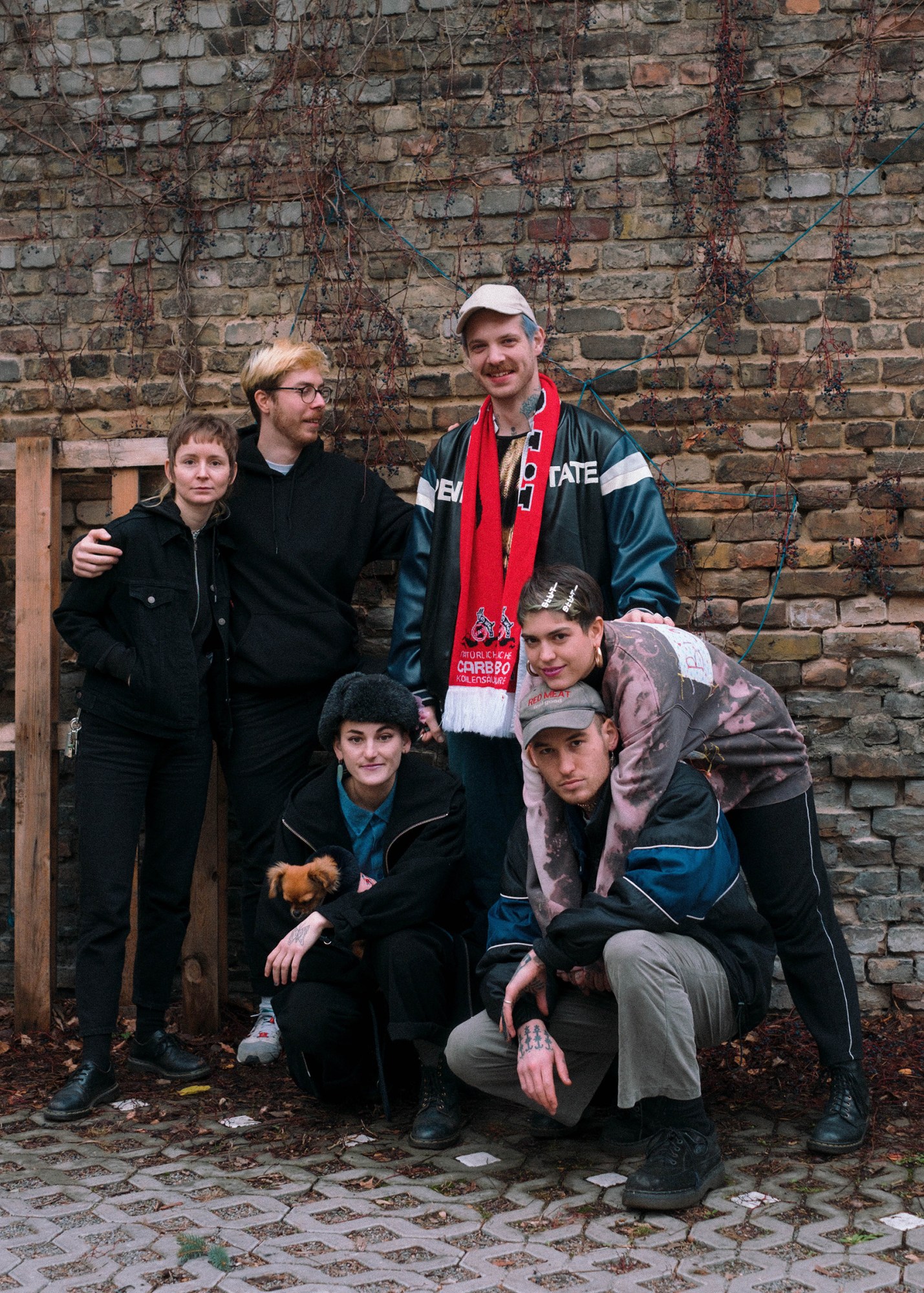
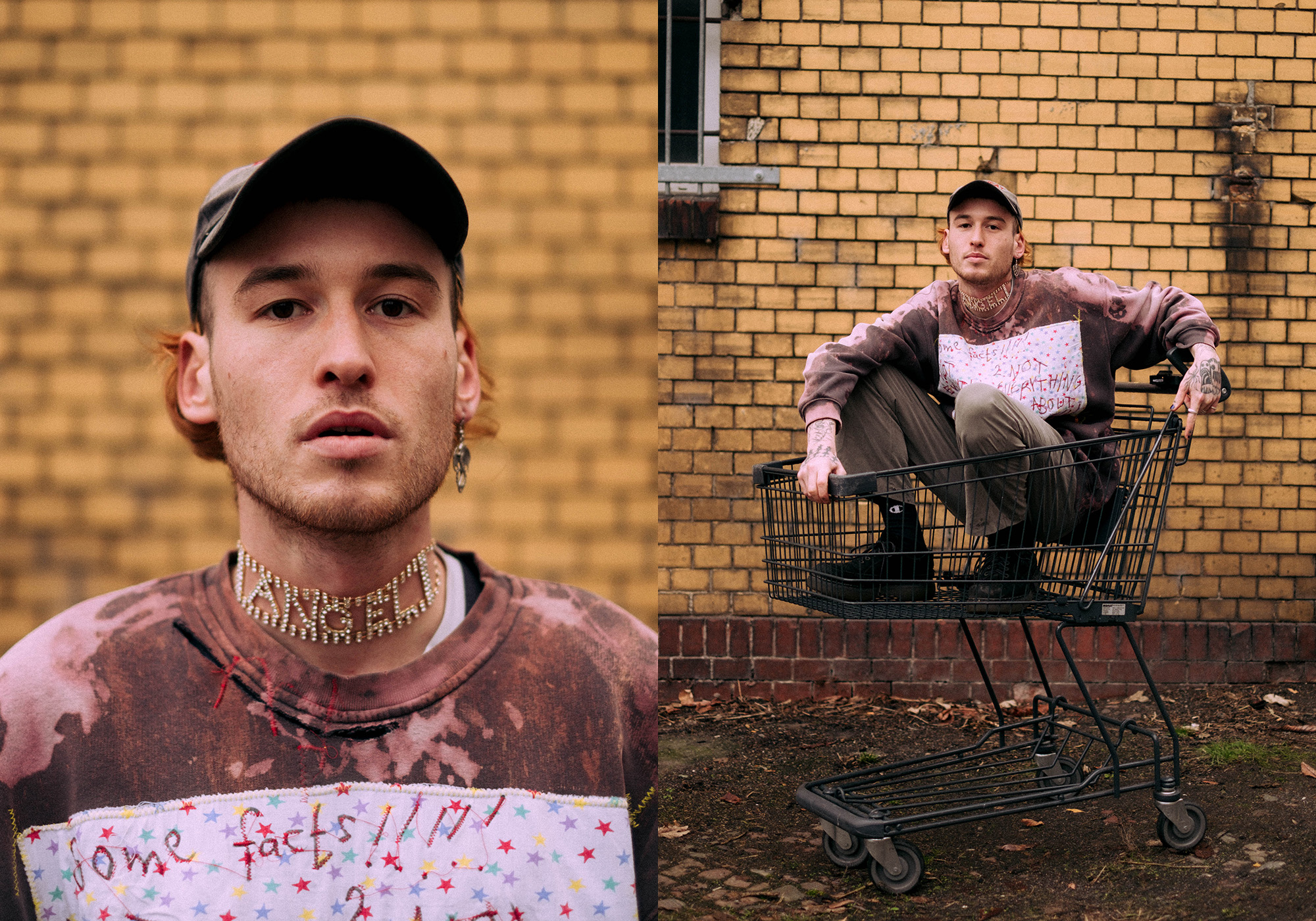
Theo
What are your experiences so far in Berlin?
I don’t know if the city is good for me, but I love it. There is a lot of space for escapism, a lot of temptation. I like running away. I got off the plane, took the train to Neukölln and it was super ugly. Dog shit, aluminum foil with heroin, there’s stuff lying around everywhere. I don’t know how I imagined it, but I liked it right away. It was a strange chaos in a spectacular way.
During your career did you have any bad experiences in other studios or with other artists?
I had been threatened by a few people who came over to steal my clients. In Wellington, I had a small private studio, where I made tattoos and played music. But apparently there was a studio nearby and they found out about mine because someone came round to theirs and asked. Hyper-masculine power structures met with territorial struggles and competitive thinking — on their side. I went so far that I had to look for a new area.
How did you find your own style?
If you are self taught, then you are forced to do things on your own account in order to find out how things work. I tattooed my legs completely and still didn’t feel 100 per cent confident in my work. I always thought my tattoos have to look like the work of other tattoo artists. Only when I started to work at Deepwood in Copenhagen as a guest, did I realize that I much prefer it if my tattoos don’t look like anyone else’s.
I prefer it if it is an original, even if it’s tattooed by a less talented tattoo artist. Through Instagram I became comfortable with making tattoos that don’t look the way tattoos are meant to look. I constantly change my style and try out different techniques. My tattoos are becoming messier and better and more like the images in my head.
What is your role at Fantasy?
I bring a lot of love and humor. At some point we realized that it made more sense to give us each a role rather than rotating the tasks. Rozi for example deals with finances, Anny does the social media, Yeda is so great and does the cleaning, Coco buys coffee and toilet paper and I do the orders. You can tell by the role distribution that Coco and I are the most useless here. But we are very nice and our tattoos are interesting. We are like a big family.
What is your favorite fantasy?
This here, this moment.
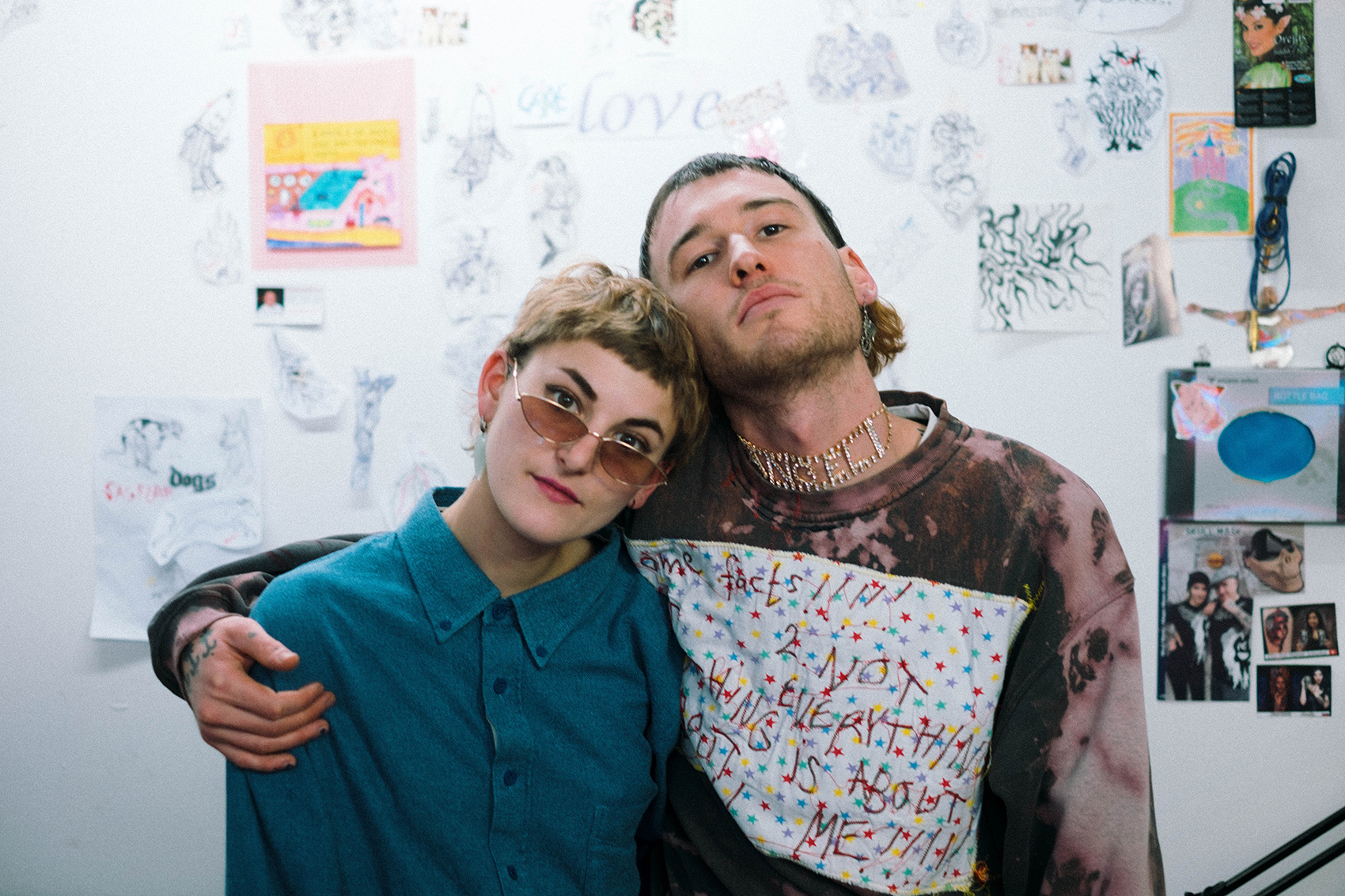
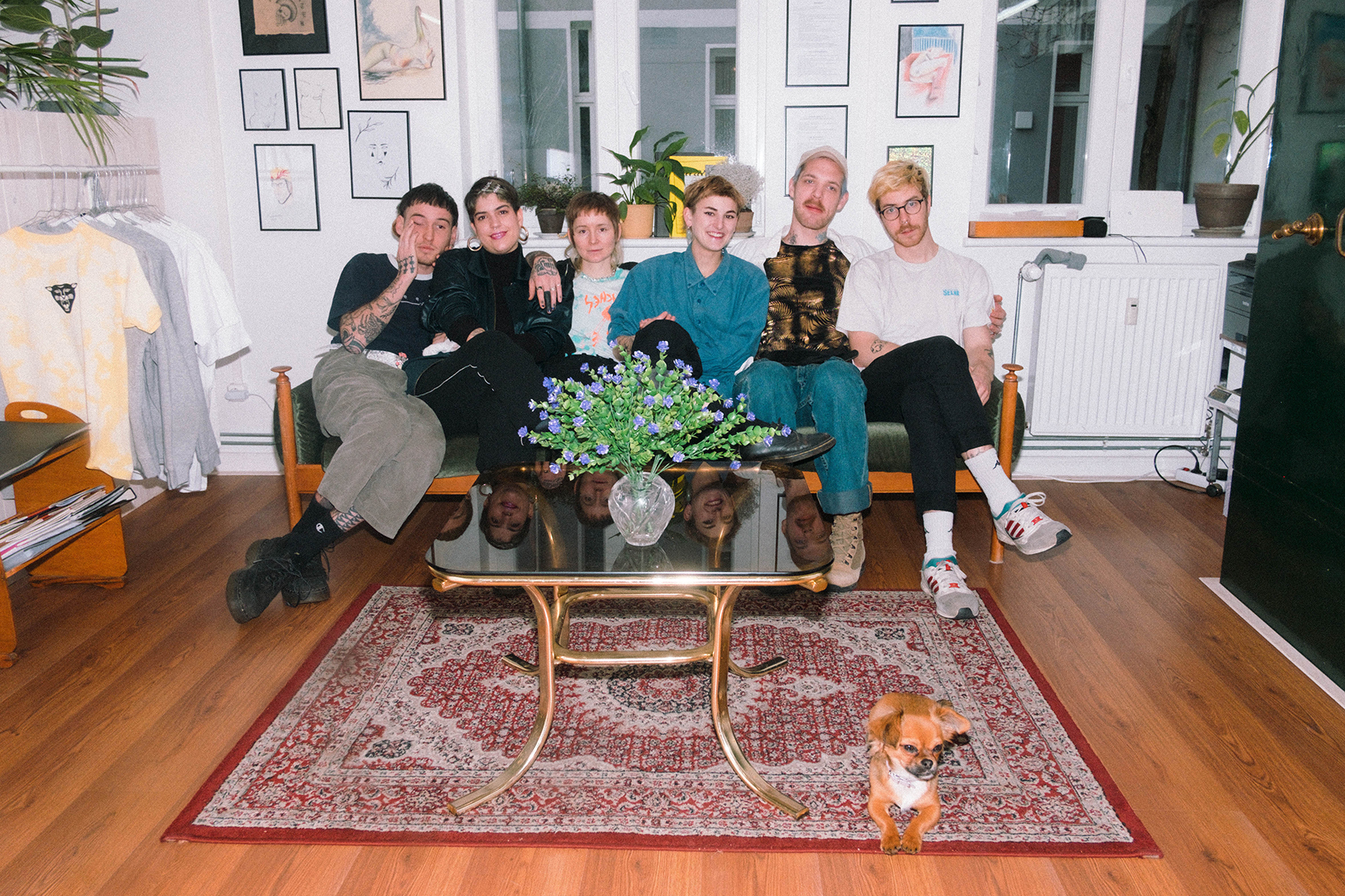
Credits
Photos János Szabó
This article originally appeared on i-D DE.
